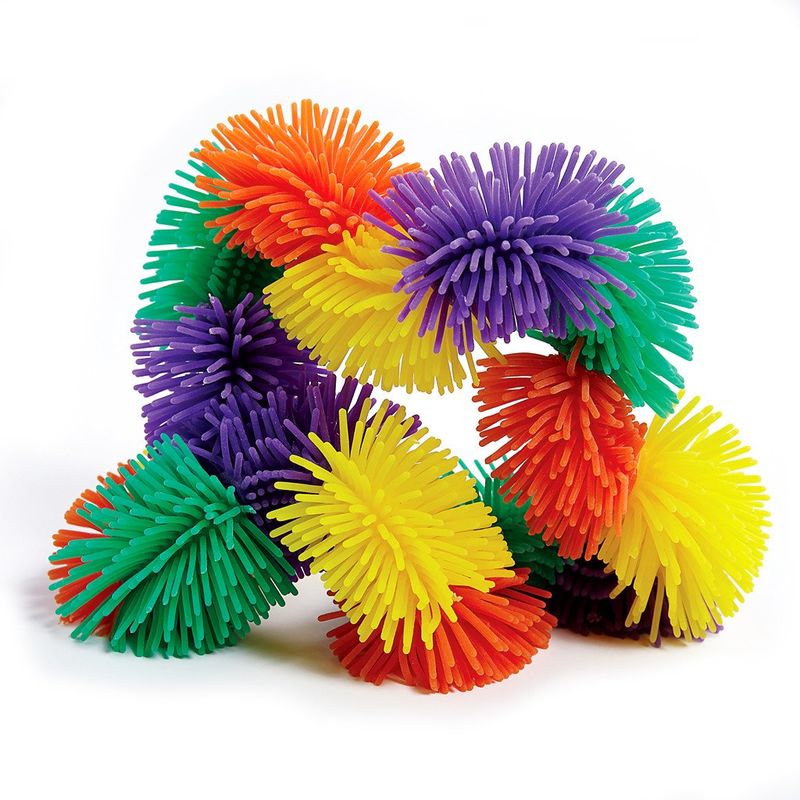Name and Aspect of Development
Cognitive development describes the capacity for children to reason, process information, and express varied emotions, which is often enabled through board games (Dauch et al., 2018). The toy will serve as a guide to help children learn new cognitive skills as they interact with it. The sensory learning toy will encourage children to improve their sensory stimulation, auditory attention, and grasping.

Literature Review
Article Written by Muentener et al. (2018)
Educational toys assist children to attain problem-solving skills even at young age, which is good for their development. The study by Muentener et al. (2018) affirmed that educational toys help children develop gross motor skills and improve their imagination and creativity. Collectively, the above article suggests that toys and exploratory play connect with cognitive development. However, developers and caregivers must clearly identify the exact aspects of toys and play linked with cognitive development. Similarly, the study established that toys help children acquire imitative learning, which is vital towards acquiring novel skills.
Article Written by Dauch et al. (2018)
Evidence obtained from the article by Dauch et al. (2019) confirmed that through engaging with numerous toys, children learn to construe the environment, which improves their emotional, physical, social, and cognitive skills. Toy-based playing further promotes academic readiness, which is highly required in academics. The interaction with toys provides children with stimulants that are not freely available in their environment. Imaginary situations also help children learn new rules, take a different step towards development, and develop their unique proximal development. Lastly, children have a made-up friend when they are growing.
Although this trend is a normal development pattern, it serves as a playmate, and toys occupy such space. The role played by toys during children’s cognitive development cannot be ignored and should be highly supported with new prototypes.
Article Written by Mustafa (2018)
Engagement in toys starts in the early stages and has numerous beneficial effects on children’s cognitive development. According to Mustafa (2018), children interact with different toys when playing and the social and physical components of the environment permit them to discover tricks and challenges and try novel skills. This aspect of learning promotes children development in terms of their health and well-being.
References
Dauch, C., Imwalle, M., Ocasio, B. & Metz, A. (2018). The influence of the number of toys in the environment on toddlers play. Journal of Infant Behavior and Development, 50(2), 78-87. Web.
Muentener, P., Herrig, E. & Schulz, L. (2018). The efficiency of infants’ exploratory play is related to longer-term cognitive development. Front Psychology, 9(1), 631-635. Web.
Mustafa, O. (2018). Contribution of plays and toys to children’s value education. Descriptive Journal, 4(2), 146-149. Web.
